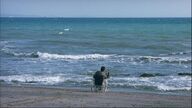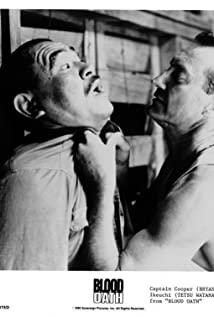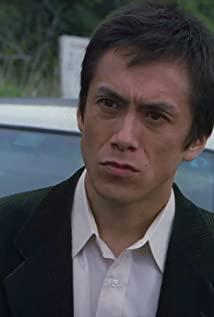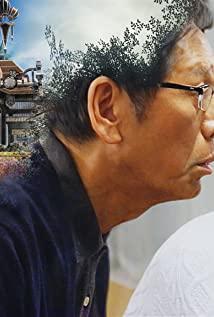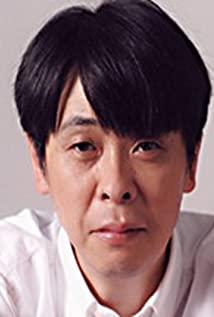It was the first time I watched Takeshi Kitano's film. I didn't know much about him before, but I only knew of several of his more famous masterpieces: "Kiujiro's Summer" and "Bad Boy's Sky", but I didn't watch them either. Not interested in learning more about his personal style. I don't know his personal style, but this film is very unique, whether it is from the way of narration, the expression of emotion, the shaping of characters or the integration of imagery, there are very strong personal characteristics. The film as a whole gives me a feeling that it is chaotic but orderly, intense and flat—all the sudden, high-intensity chaos that eventually perishes in a flat and orderly life. After blooming like a flower, it withers, and it burns like a fire and sinks into the night. Struggling and screaming with all their strength are silent in a peaceful life. In fact, this is the deepest despair. It may be my over-interpretation. I think Takeshi Kitano has expressed this deepest despair in many ways: The narrative in the first half of the film is extremely interspersed, and it can even be said to be a little confusing. It will feel like a cloud of mist, but in the end it is all integrated, and then becomes a bland and orderly one-line narrative in the second half. All the characters' emotions are deeply hidden in dullness and silence. The lines of the male and female protagonists are very, very few. I don't know if there are forty sentences in total, and the expressions are not rich, especially the male protagonist, who can even be called He is dumb, but only through his eyes and his movement habits, you can feel the chaos in his heart - the pain of losing his daughter, the despair of his wife suffering from a terminal illness, and the guilt for the sacrifice of colleagues, etc. Wait until his final collapse - as a policeman, he robs banks and kills gangsters who are chasing after him... Even if there are not too many words and expressions, the changes in his heart are clear and meaningful. traceable. And all of his chaos and collapse are just for a kind of peace and tenderness, that is, to have a sum of money to pay off the guilt in his heart for his colleagues, and to give his dying wife a peaceful and happy travel. And this kind of peace based on chaos can never last long. His police colleagues found him and his wife on the trip, and he also chose to die in peace. He asked his colleagues to give him some time to watch the girl flying the kite quietly at the beach with his wife. In the final shot, the calm and beautiful blue sea was shot, and two shots were fired. He killed his wife and himself. All the chaos seems to disappear after two shots, and everything returns to peace, but in fact this is not the case, the chaos continues to grow in the peace, and this is despair.
View more about Fireworks reviews



